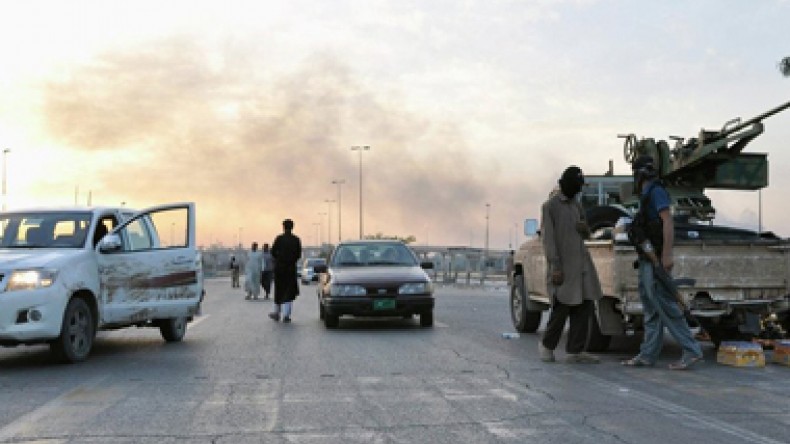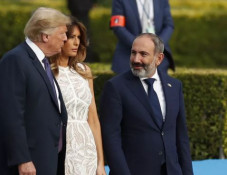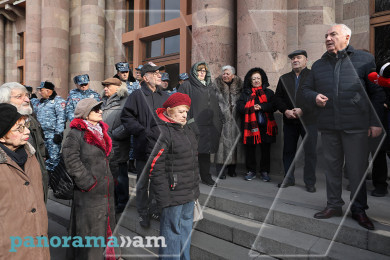
ISIL accelerates murder of civilians in Iraq - UN report
As Islamic State (IS) terrorist group spread the conflict in Iraq from Anbar province to the rest of the country in 2014, the pace of killing of civilians accelerated, a UN report issued on Monday revealed, according to Sputnik.
According to the joint report by UN Assistance Mission for Iraq (UNAMI) and the Office of the UN High Commissioner for Human Rights, at least 11,602 civilians have been killed and 21,766 wounded in Iraq from the beginning of January until December 10, 2014. But between June 1 and December 10, when the conflict spread from Anbar to other areas of Iraq, at least 7, 801 civilians were killed and 12,451 wounded.
"ISIL's goal remains to destroy the Iraqi state and society by fermenting violence and division," said Special Representative of the UN Secretary-General for Iraq Nickolay Mladenov, in a statement published Monday on the UN human rights office's website.
The UN report documents serious violations of international humanitarian law and gross abuses of human rights perpetrated over a three month period by the Islamic State, with an apparent systematic and widespread character. These include killings of civilians, abductions, rapes, slavery and trafficking of women and children, forced recruitment of children, destruction of places of religious or cultural significance, looting and the denial of fundamental freedoms, among others.
"Members of Iraq's diverse ethnic and religious communities, including Turkmen, Shabaks, Christians, Yezidi, Sabaeans, Kaka'e, Faili Kurds, Arab Shi'a, and others have been intentionally and systematically targeted by ISIL and associated armed groups and subjected to gross human rights abuses, in what appears as a deliberate policy aimed at destroying, suppressing or expelling these communities permanently from areas under their control," the UN report said.
The report also details the murder of captured members of Iraqi security forces and of people suspected of being associated with the government by IS. Individuals suspected of being disloyal to the terrorist group, including religious, community and tribal leaders, journalists, doctors as well as female community and political leaders have been particularly targeted. During the reporting period, at least 165 executions were carried out following sentences by so-called "courts" in IS-controlled areas.
Newsfeed
Videos






























